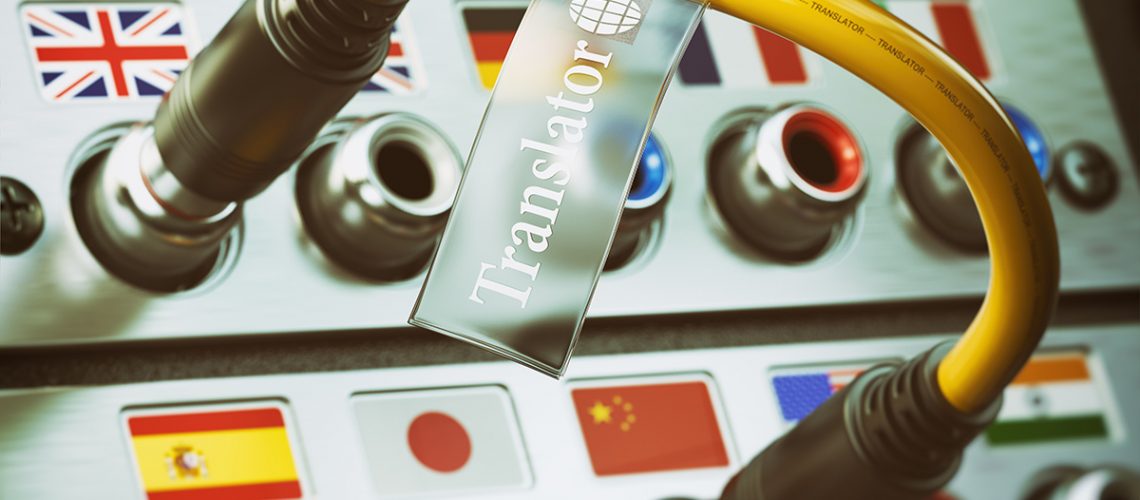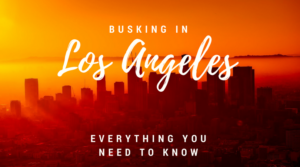Do you need to know a foreign language when traveling internationally?
This is a question that plagued my mind for months leading up to my first trip overseas. I knew virtually nothing in Spanish, French, German or Italian other than “Hello,” “Thank You,” and “Do You Speak English?” Still I did nothing other than work on Thai, which later proved to be not only wildly unsuccessful (no one could understand a word I was saying) but wildly unfruitful (everybody there speaks English anyways).
In truth, you can get by with such a small vocabulary, but it can prove to be much more difficult than if you were to know some important pieces of dialogue. I’ve especially learned the value of this since I began learning and using Italian. If I were to do it all over again, here are the small portions of language I would take the time to learn when traveling abroad. Keep in mind this would not take long to do, and will save you countless times from wandering around like a lost puppy or becoming frustrated with the most intricate game of charades you have ever played.
Dialogue You Should Learn:
• Hello / Goodbye & Thank You / You’re Welcome
This is an obvious one, and I would hope for the sake of your possible naïveté that you would already know that you should learn these 😉
• “Where Can I Find _____?”
This translates a little differently between certain languages, so make sure to learn the actual phrase, not just the words individually. For example in Italian: “Dove passo trovare la stazione de treni?” roughly translates to “Where can I find the station of trains?” but you will unlikely hear an Italian local say it in that fashion. “Dove la stazione de treni?” is more likely: “Where the station of trains?” if taken literally. In other words, you may unintentionally jumble your words into an unintelligible barrage of random words thrown together unless you learn the proper phrasing. This really isn’t as hard as I just made it sound! Look it up on a language-learning site with common phrases rather than typing it into Google translate. Either way, if you can get something close, most people will understand what you’re trying to say.
I can’t stress enough how important this particular phrase is. You’re going to get lost at some point. I spent so much time when I first started traveling aimlessly searching for a certain building, figuring out which train to take, etc. Being able to ask a local for such things is invaluable.
• “Toilet?”
Yea, it’s pretty much as simple as that. Save yourself the embarrassment of having to convey this with “traveler charades!”
• “Excuse Me” and “Sorry”
I repeatedly made the mistake of not knowing these phrases. I would learn how to ask some questions, etc. and then have no way of approaching a local without seeming rude. Imagine if someone just walked up to you and started asking questions without saying “Excuse me…” first.
•Know Your Numbers!
I’ve found this to be incredibly useful. Know how to count at least from one to ten. Really, you should learn how to count from one to one hundred or more. It’s worth your time, trust me!
•“Does this [train or bus] go to _____?”
This one is similar to asking where to find something. Learn it and save yourself the worry and hassle of taking the wrong bus or train when in doubt. I use this a lot, and we rarely take the wrong train or bus, which used to be a very regular occurrence. We were not good public-transportationists. I just made that last word up. I hope you like it.
That’s my list of (in my opinion) must learn phrases for foreign travel. It would take less than two weeks, really more like a week, to learn these invaluable phrases and it will help you tremendously. Notice I didn’t mention things like “water” and “food” because these are very easily conveyed through “traveler charades” while these other phrases are not-so-much. One of the main things to gather from this article, and yes I know it’s something I mention repetitively: Talk to the damn locals! This is the most important thing while traveling, I’ve always said. Why waste your time looking at a confusing train schedule in a foreign language when you could simply ask someone which train to take? You will find that locals are sometimes much more friendly when you know a little more of their language as well.
As for the learning process itself:
• Google translate is your friend. I use it for specific words or phrases I want to learn. Yes, it sometimes is off in terms of grammar usage, etc., but it gets your point across.
• For learning the basics of a language, I highly recommend Babbel or some other app for your smartphone. Babbel Italian for Android has taught me an astonishing amount of Italian in a very short amount of time. Their teaching process really helps the words “stick” so-to-speak.
• For harder-to-learn languages such as those outside of the three Latin sister languages (Spanish, French and Italian) which are somewhat similar to English, I recommend writing these phrases down in a way that sounds familiar to you. For example, in Thai the phrase “Excuse me” is “Kar-tod-clap.” To remember it easier, I envision it as familiar English words that sound similar: “Car. Toad. Clap.” A car, a toad, and someone clapping. I don’t know why, but this really helps the words stick with me.
If you have any questions for me about this, such as additional useful phrases to learn; or if you have advice for readers that I’ve forgotten to mention here, leave it in the comments below or visit me on Facebook and Twitter!
Peace and happy travels,
-Tom




